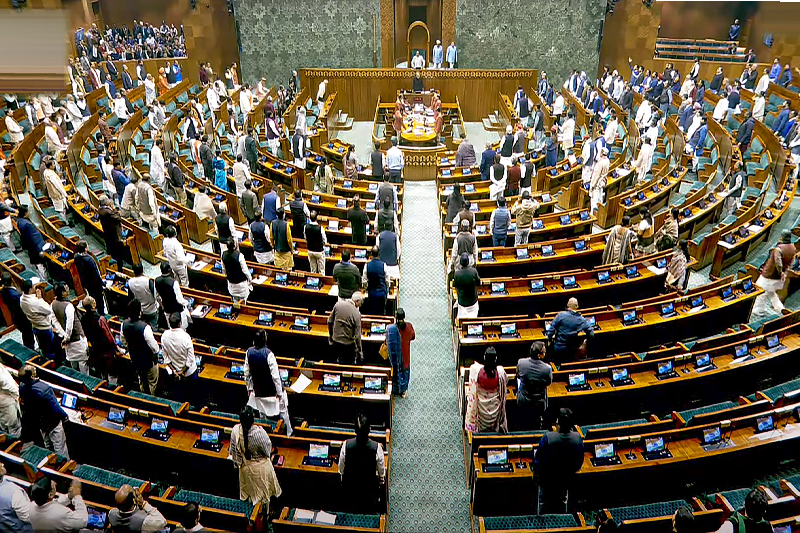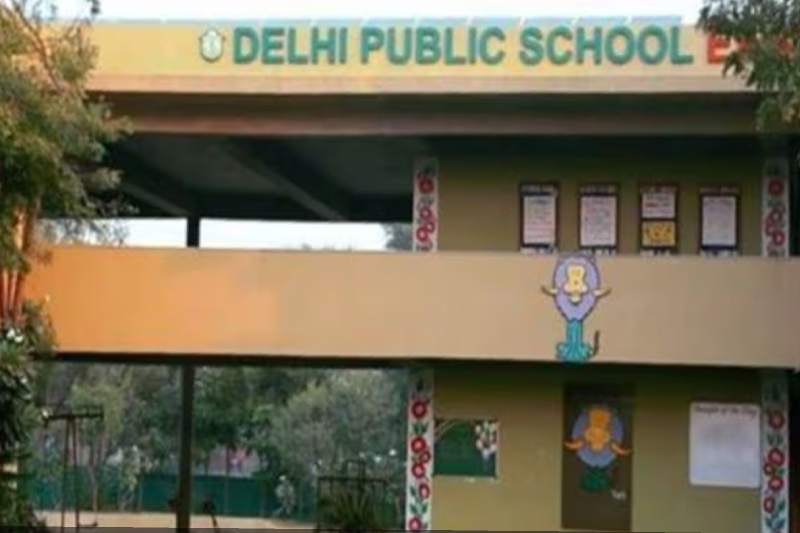
Parliamentary Panel Urges Continuation of BElEd Programme, Calls NCTE’s Proposal “Short-Sighted”
The Parliamentary Standing Committee on Education, Women, Children, Youth, and Sports has strongly recommended the continuation of the Bachelor of Elementary Education (BElEd) programme, in response to a National Council for Teacher Education (NCTE) proposal to discontinue it from the 2026–27 academic session. The committee called the move a “short-sighted approach” that threatens to dismantle a proven and effective model of teacher education, rather than strengthening and expanding it to meet national needs.
The BElEd programme, a four-year integrated course in elementary teacher training launched in 1994-95, was introduced to prepare teachers for Classes 1 to 8 with a strong foundation in both subject knowledge and pedagogy. Despite its strengths, NCTE's new draft regulations recommend replacing it with the Integrated Teacher Education Programme (ITEP) — a new, NEP-aligned four-year model for teacher training.
Parliamentary Report Pushes Back on NCTE Proposal
In a report presented to Parliament last Friday, the committee — chaired by Congress MP Digvijaya Singh — expressed concern that the NCTE’s justification for discontinuing BElEd is rooted in administrative convenience and cost-efficiency, rather than educational merit.
The committee emphasized that scrapping the programme based on its limited institutional spread or high faculty requirement is “short-sighted.” It argued that rather than dismantling the BElEd framework, its limitations should be addressed through curriculum upgrades and wider institutional adoption.
“The BElEd programme is reputed, well-established, and internationally acclaimed. It has served as a rigorous, research-based and socially conscious route for training elementary school teachers,” the committee stated.
NCTE’s Justification and the Proposed Shift to ITEP
According to NCTE’s draft regulations, institutions currently offering BElEd will be required to transition to the Integrated Teacher Education Programme (ITEP) by the 2026–27 academic year. ITEP, a key recommendation under the National Education Policy (NEP) 2020, is also a four-year degree that combines content and pedagogy (BA BEd, BSc BEd, BCom BEd).
The Department of School Education and Literacy defended the shift by stating that BElEd remains confined to just 99 institutions, mostly in Delhi and Uttar Pradesh, and that its expansion has been slow over three decades. They also cited operational challenges: the BElEd programme requires 16 faculty members per batch of 50 students, whereas ITEP requires only nine, thereby reducing costs and staffing pressures.
Committee Counters with a Multi-Pronged Recommendation
Rather than accepting this rationale, the committee put forth a set of comprehensive recommendations to preserve and revitalize the BElEd programme:
- Revise and modernize the BElEd curriculum to align with NEP goals and emerging pedagogical practices.
- Expand BElEd’s reach by encouraging more institutions across India to offer it.
- Leverage existing expertise and infrastructure, rather than discard it.
- Allow states the flexibility to continue running BElEd, recognizing that education is a concurrent subject under the Indian Constitution.
- Replicate successful elements of BElEd within ITEP, creating a hybrid model where necessary.
- Avoid a one-size-fits-all approach to teacher education by allowing multiple training models to coexist.
Teacher Vacancies Highlight Broader Structural Issues
The committee’s report also brought attention to alarming teacher shortages across the country, particularly at the elementary and primary levels. It noted that:
- There are around 10 lakh (1 million) teacher vacancies in Samagra Shiksha Abhiyan (SSA) funded schools.
- Of these, 7.5 lakh vacancies are at the elementary and primary levels.
- Despite repeated recommendations, state governments have failed to fill these posts due to retirements and the lack of a permanent recruitment policy.
The panel argued that discontinuing established programmes like BElEd — which produce qualified elementary school teachers — would exacerbate this crisis, especially at a time when demand for trained educators is on the rise.
Call for Inclusive, Consultative Reforms
The committee also criticized the lack of consultation with state governments during the formulation of NCTE’s draft regulations. It recommended that:
- All changes to teacher education policy are preceded by consultative meetings with states, in recognition of their constitutional role in education.
- The draft regulations themselves should be reviewed, taking into account diverse models that have worked across different regions.
“It is also recommended to allow multiple programmes and models of teacher education and not to shut down successful existing programmes,” the report added.
Global Academic Community Voices Concern
In a show of international academic solidarity, prominent education scholars from across the globe had earlier raised concerns over the planned discontinuation of BElEd. In April 2025, leading professors including:
- Michael Apple, University of Wisconsin
- William Pinar, University of British Columbia
- Robin Alexander, University of Cambridge
...had written to Union Education Minister Dharmendra Pradhan, urging the government to cancel plans to scrap the programme. These scholars described BElEd as a model of progressive, research-informed teacher education, particularly suited to India's educational diversity and socio-economic context.
Conclusion: Strengthening, Not Scrapping, Proven Education Models
The Parliamentary panel’s strong advocacy for BElEd reflects growing concern that policy shifts in teacher education must prioritize educational outcomes over administrative ease. With a 30-year legacy of preparing teachers who are pedagogically strong and socially conscious, BElEd is seen by many as an asset to India’s teacher education ecosystem, not a burden.
As the education system prepares for major NEP-driven reforms, the report makes it clear that discarding effective legacy programmes without due evaluation could create more problems than it solves. Instead, India’s path forward in teacher training should be inclusive, consultative, and pluralistic, allowing multiple effective models — like BElEd and ITEP — to co-exist and evolve.



